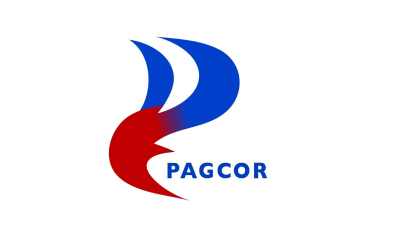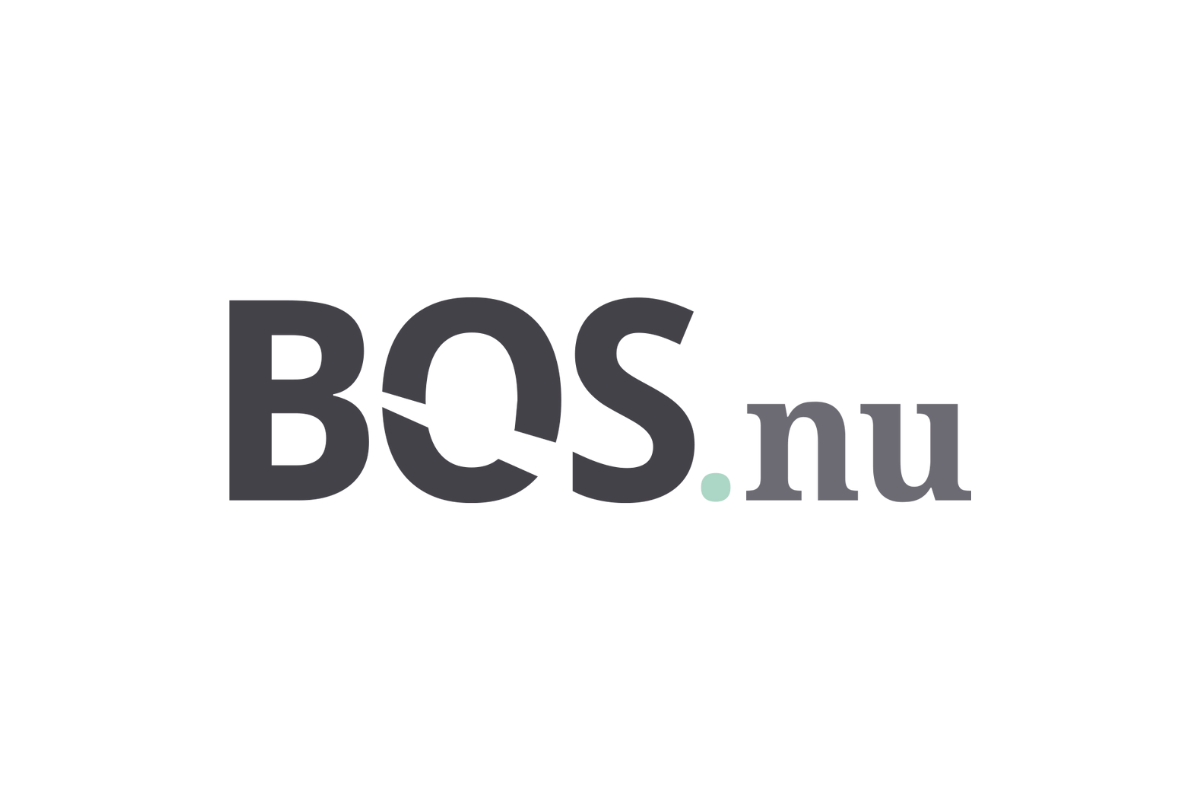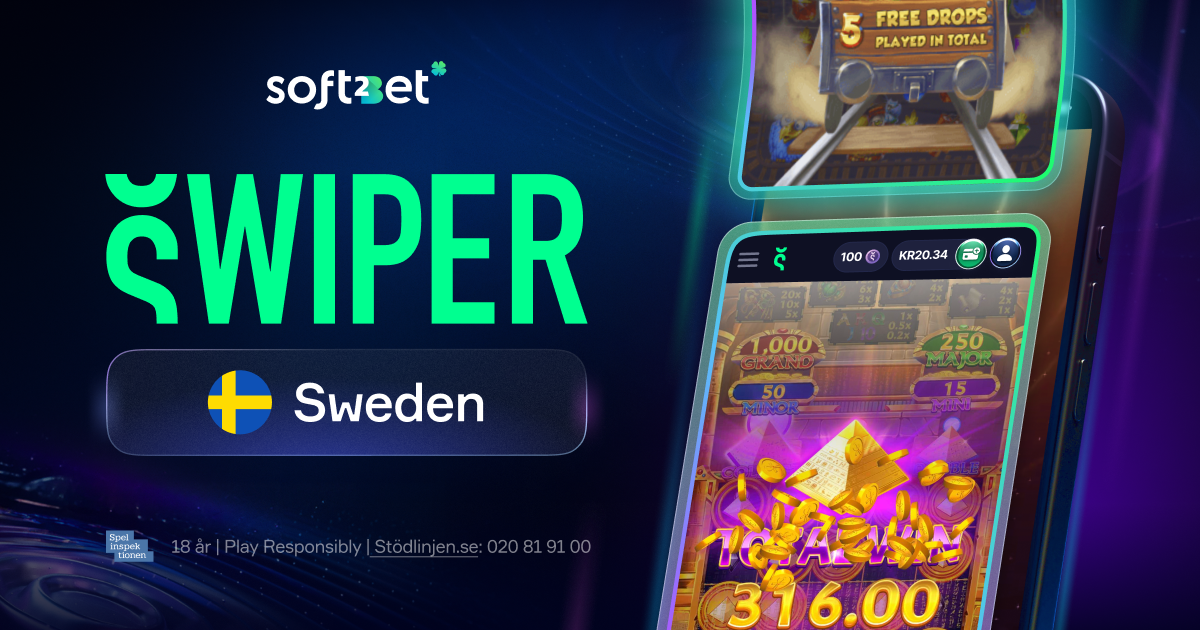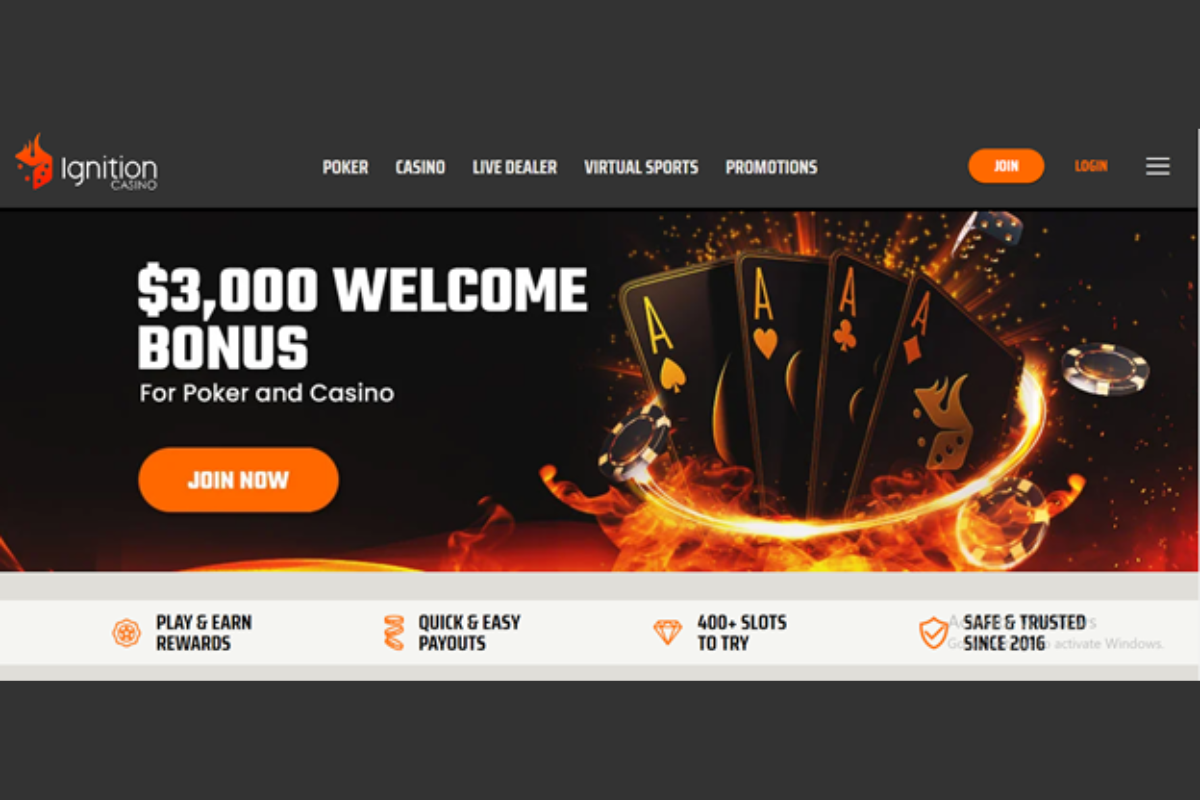Latest News
EU Accessibility Regime Now Applies to Gambling Sites

The iGaming sector is an ever-evolving landscape, so it should come as no surprise that the European Accessibility Act (EAA) has brought about a new era of compliance. More specifically, iGaming in Europe will now need to adhere to the regulatory framework set in the EAA. Of course, this is significant news for all Europe-based iGaming operators (of which there are many), as this legislation has a broad reach. As such, it is essential to understand what this means for these operators and punters and what exactly this new legislation entails.
This affects punters in many ways because the European gambling market is quite large, with a vast selection of online casinos and iGaming platforms to choose from. For one, players may seek out iGaming platforms by looking at a list of top crypto roulette sites, where they can benefit from anonymity and privacy. These are great for players seeking traditional tables or modern adaptations with boosted payouts. They’re also a good option for those who prefer other gaming selections. Even with the European Commission’s efforts, they’re still turning to sites like these for inspiration on how modern gaming operations should be executed.
While the European Commission is actively trying to modernise its national online gambling legal frameworks, there is a priority around safety and accessibility. As such, if you are looking for a new crypto iGaming site, big payouts and bonuses won’t be enough, as private and secure gambling experiences will be prioritised. Even more, the EAA drives inclusivity so individuals with disabilities can freely access the EU’s digital space. Italy is an excellent example of a country that underwent early disposition, wherein all forms of gambling are heavily regulated.
While Italy complies with the EAA, it still has its own gambling body and authority, directly addressing iGaming and other gambling forms. However, locals have questioned the layout of the EAA, speculating on why gambling is addressed in the cut but not explicitly mentioned. Naturally, this has caused much confusion for those interested in exploring legislation changes about gambling, wherein the EAA lists them as “e-commerce” services. This can be easily explained by the nature of online gambling platforms that offer punters services via a digital interface.
In addition, this would mean consumers are being offered a service with ‘contracts’ being closed at a distance. Simply put, this is when a client has used the service (i.e., spent money, received their “product”), and concluded utilising the service—the act of purchasing. When looking at the various facets or features offered by iGaming platforms, an array of items already comply with this. This would include payment gateways to ensure security alongside self-exclusion tools to guarantee player safety.
When examining how this impacts operators, it is crucial to explore what they can and cannot do under this new regulatory framework. Particular compliance standards need to be met, one of which is adhering to the age limit, which states that punters must be between 18 and 21. Even more, the EAA is strict when it comes to licensing, with each operator needing to adhere to their applicable country’s requirements.
Operators will also need to meet a technical benchmark for digital accessibility by strictly adhering to WCAG 2.1 AA standards. This would include implementing clear labelling and colour contrast on each iGaming platform or website for visually impaired individuals. User-friendly keyboard designs would be great for navigation alongside screen reader compatibility and intuitive user flows. Following such steps when setting up their sites (or upgrading them) can bridge the gap in accessibility for disabled individuals significantly.
To further bridge this gap, operators must also provide public and accessible statements in both oral and written formats. Of course, each of these statements needs to include mandatory content detailing the accessibility features offered on the website alongside information on enforcement procedures. Operators need to be transparent on areas of non-compliance and provide extensive contact details for accessibility-related queries or complaints punters may have. These statements must remain public for the entirety of the platform’s lifespan.
Based on how the EAA categorises new services, any changes a particular operator makes to their gambling platforms could reclassify them under a completely new service. Some examples of this change would include revamping the site’s UI, a website or platform re-architecture, or even launching a new gaming category. In completing any of these changes, an immediate reclassification would be issued with no cooling-off period. This is especially true for iGaming platforms that might not have previously adhered to the EAA, and would have to after said change.
-

 Asia7 days ago
Asia7 days agoPAGCOR: Online Gaming fuels nation-building, but illegal sites pose risks
-

 Africa6 days ago
Africa6 days agoMulaSport launches Kiron’s data-lite Soccer Game across 5 countries in Africa
-

 Asia6 days ago
Asia6 days agoGalaxy Entertainment Opens New Overseas Office in Singapore
-

 Industry Awards6 days ago
Industry Awards6 days agoBETBY SUCCESSFULLY WRAPS SiGMA EUROMED 2025 PARTICIPATION WITH SPORTSBOOK RECOGNITION
-

 Compliance Updates6 days ago
Compliance Updates6 days agoBOS in letter to the Government: appoint a new Gambling Inquiry
-

 Central Europe6 days ago
Central Europe6 days agoCT Interactive grows its certified game portfolio in the Slovak market
-

 Latest News6 days ago
Latest News6 days agoSoft2Bet Launches Swiper – Sweden’s First Social-Media-Style Casino
-

 Compliance Updates6 days ago
Compliance Updates6 days agoDutch Gambling Regulator to Amend its Remote Gambling Licensing Policy Rules


















